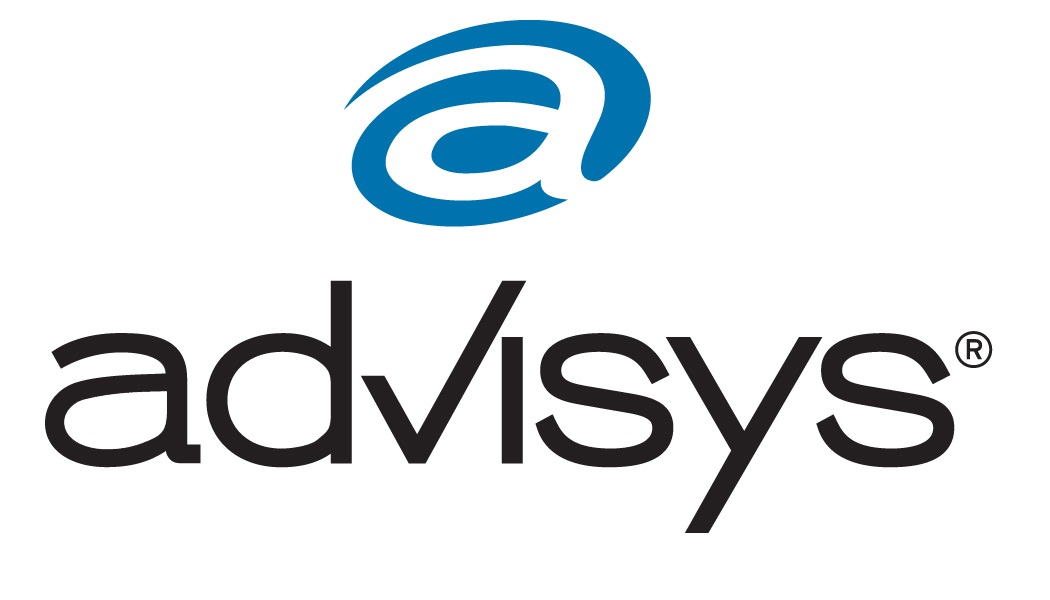Planning for the recent college graduate
After college there are decisions to make for budgeting, debt, savings and retirement. This article provides a good overview of what should be considered.
Graduating from college marks an important milestone in the lives of young adults. For many, it's the first time that they will be completely responsible for their own financial lives. And how well, or how poorly, they deal with these new financial responsibilities can have an impact that extends far into the future.
So, what steps should a recent college graduate take to get started on the right financial footing?
Beginning steps to financial security
Graduating from college equips an individual with the intellectual tools necessary for career success. That's not necessarily the case when it comes to understanding money and how to manage it. But the basic steps to get started are usually quite simple:
- Budgeting: Create a monthly budget that includes all of your expenses, so you don't live beyond your means. Budgeting can help identify opportunities to make better use of current income.
- Debt: Many college graduates start their professional careers with significant student debt. Start with the highest interest rate debt first and pay down your debt as aggressively as you can. Don't add to your debt unnecessarily.
- Savings: Pay yourself first! Start by building an emergency fund with the goal of saving enough to cover six months' expenses. Then, target other savings goals such as a down payment on a home.
- Risk management: Protect yourself with necessary health, life and disability insurance. Protect your possessions with auto and renter's or homeowner's. Get the most out of your company's employee benefits program by taking advantage of any available group insurance.
- Retirement: Start contributing to your employer's 401k, 403b or other pension plan. If a 401k plan is available, contribute at least the minimum percentage to qualify for the full employer match. If your employer doesn't offer a retirement plan, open an IRA and set up automatic contributions.
- Estate plan: Work with an attorney to develop a will and an estate plan that transfers your assets as efficiently as possible and with the least tax burden. Control the health care decisions that directly affect the life of you and your family by working with your attorney to legally document your wishes.
- Get a "financial" education: Learn how to use money. It's important to have a good understanding of investing, insurance, income taxes and employee benefits.
Get help when it's needed
The advice and guidance of trained, experienced financial professionals can be invaluable. Many families have existing relationships with financial professionals who will be glad to extend their services to a younger generation. Friends and co-workers are also good sources of referrals to those they work with and trust.





